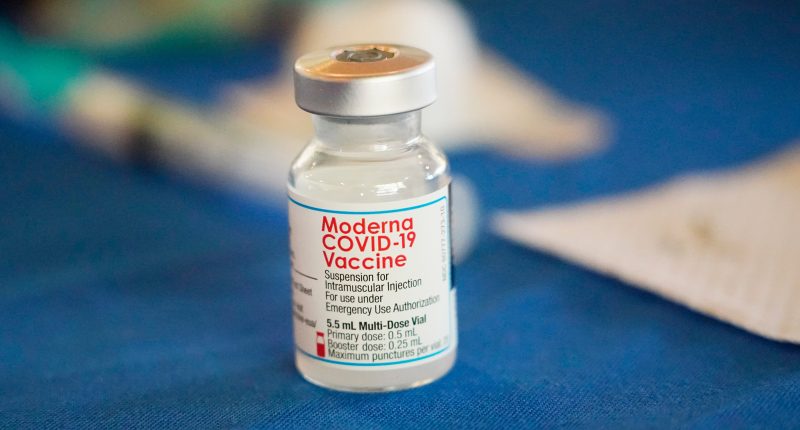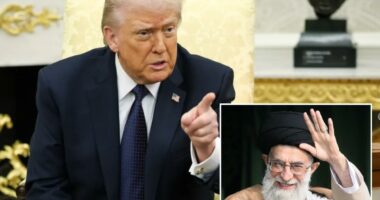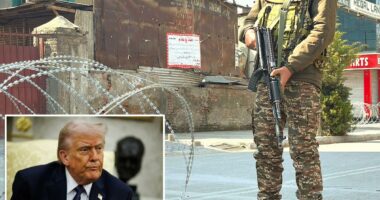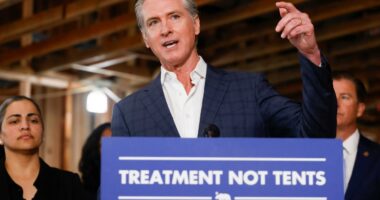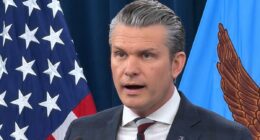Share this @internewscast.com
The member countries of the World Health Organization reached an agreement on Tuesday aimed at enhancing their ability to prevent, prepare for, and manage future pandemics in light of the significant impact caused by the coronavirus.
In Geneva, during the WHO’s annual assembly, the approval of this agreement – after three years of discussion and development – was met with enthusiastic applause as it passed without any opposition.
This treaty ensures that nations sharing virus samples will be provided with tests, medications, and vaccines. Additionally, up to 20% of these products will be allocated to the WHO to ensure that less affluent countries have some level of access when the next pandemic arises.
WHO Director-General Tedros Adhanom Ghebreyesus has touted the agreement as “historic” and a sign of multilateralism at a time when many countries are putting national interests ahead of shared values and cooperation.
Dr. Esperance Luvindao, Namibia’s health minister and the chair of a committee that paved the way for Tuesday’s adoption, said that the COVID-19 pandemic inflicted huge costs “on lives, livelihoods and economies.”
“We – as sovereign states – have resolved to join hands, as one world together, so we can protect our children, elders, frontline health workers and all others from the next pandemic,” Luvindao added. “It is our duty and responsibility to humanity.”
The treaty’s effectiveness will face doubts because the United States – which poured billions into speedy work by pharmaceutical companies to develop COVID-19 vaccines – is sitting out, and because countries face no penalties if they ignore it, a common issue in international law.
The U.S., traditionally the top donor to the U.N. health agency, was not part of the final stages of the agreement process after the Trump administration announced a U.S. pullout from the WHO and funding to the agency in January.
Copyright © 2025 by The Associated Press. All Rights Reserved.
